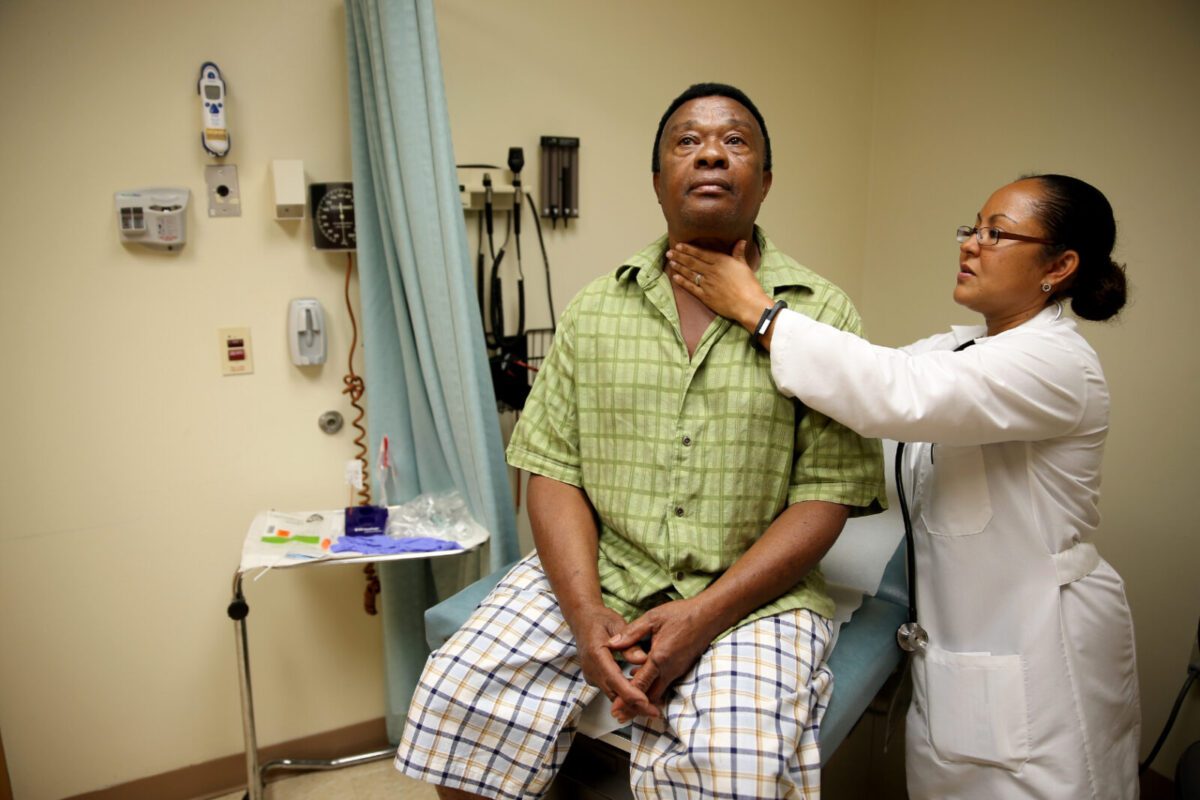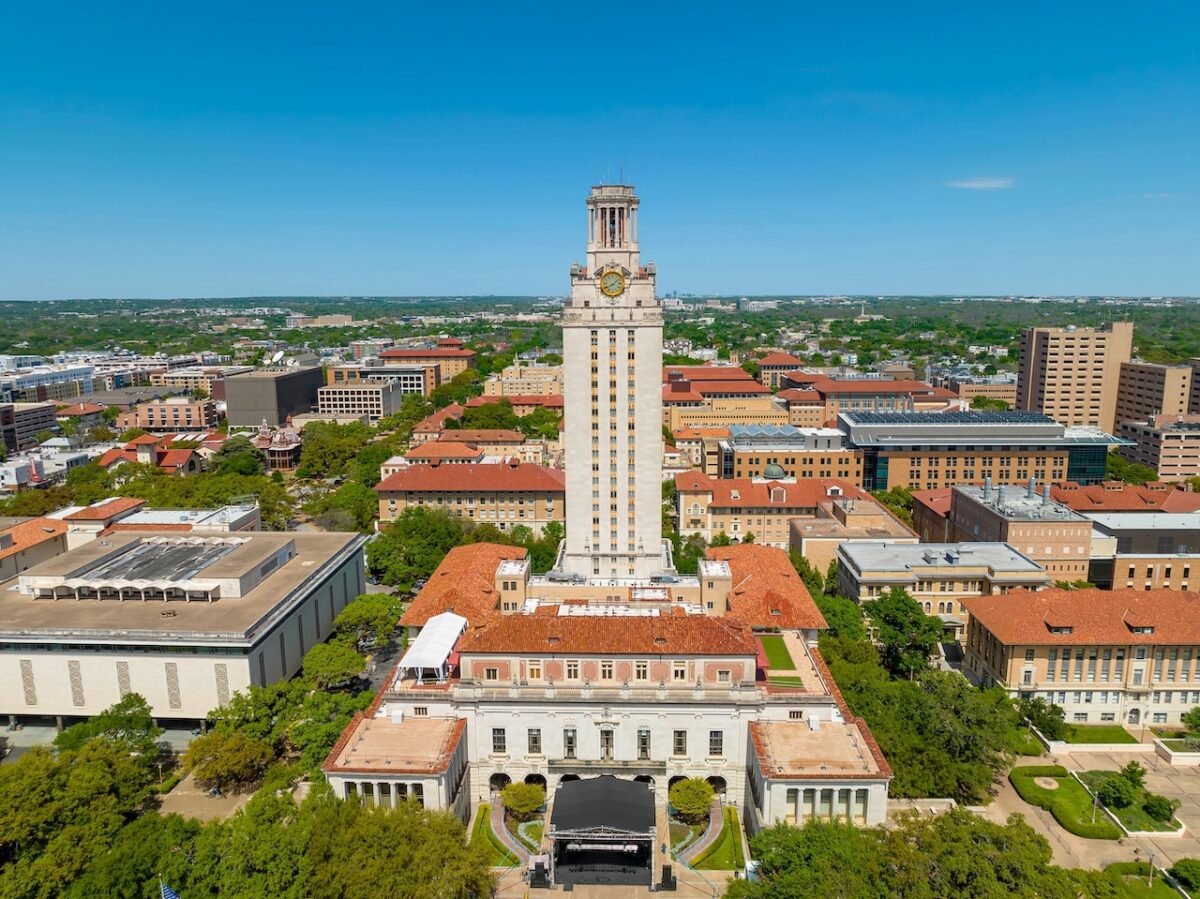
The State of Lung Cancer 2025 found that Black individuals in Texas are the least likely racial group to receive surgical treatment. (Courtesy American Cancer Society)
A new report from the American Lung Association shows that while Texas has lower rates of lung cancer than most other states, Texans are least likely to get screened and receive treatment. And as for Black Texans, those low screening and treatment gaps widen even more, costing many their lives.
While the rate of Black people in Texas who are diagnosed with cancer is similar to the national average, the five-year survival rate and the treatment rate are both vastly different from the national average and the rates of white individuals. The State of Lung Cancer 2025 also found that in Texas, Black individuals are the least likely racial group to receive surgical treatment for the disease—a 4% gap between between Black Texans and other Black Americans and between Black Texans and white Texans.
Five-year survival rate:
- Black people in Texas: 24.3%
- White people in Texas: 26.5%
- Black people in the US: 27.1%
Rate of those who did not receive treatment:
- Black people in Texas: 29.6%
- White people in Texas: 27.3%
- Black people in the US: 22.7%
Public knowledge seems to be one cause of these drastically different rates. Communities aren’t necessarily talking about the risk of lung cancer, let alone sharing their own health symptoms.
“In the Black community, we are taught whatever happens in our home stays in our home,” Houston’s Gwendolyn Jackson told ABC 13. “If we don’t talk about it, how can we end it? How can we help the next generation? If I don’t talk about it, how will my daughter know?”
Jackson has survived cervical cancer, lost her father from lung cancer, and has other family members battling different forms of cancer. When undergoing treatment, Jackson found a lot of misconceptions around undergoing clinical trials in the Black community.
“In the African-American community, clinical trials are frowned upon,” she told The Patient Story. “I think it goes back to when they were using African Americans for experiments and being the guinea pigs. In our mind, we still think we are being experimented on. If you tell anybody you’re doing clinical trials, they think you’re being a guinea pig.”
As a way to combat this, the American Cancer Society launched Voices of Black Women last year. The campaign invites Black women who have never been diagnosed with cancer to learn more about Black women’s health.
Per the report, Texas was also found to be below average in:
- Surgery: 16.2% of cases underwent surgical treatment, as opposed to the national rate of 20.7%
- Screening for high-risk: 12% of high-risk patients were screened, as opposed to the national rate of 18.2%
- Five-year survival rate: 26.6% of patients diagnosed with lung cancer were alive after five years, as opposed to the national rate of 29.7%
- Lack of treatment: 28.1% of lung cancer patients did not receive treatment, as opposed to the national rate of 21%
- Early diagnosis: 24.4% of patients were caught at an early stage, as opposed to the national rate of 28.1%














